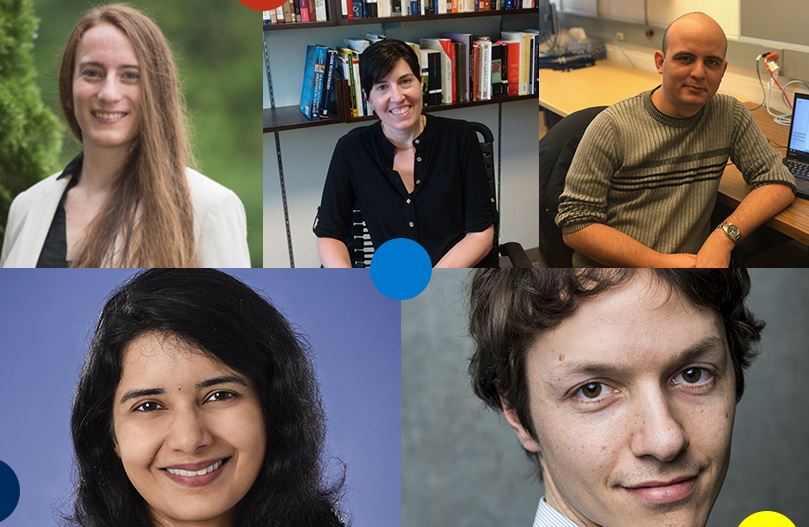Province celebrates exceptional innovators with distinguished award
Ontario – The Ontario government is recognizing the province’s top researchers for their contributions in the Nobel Prize fields of chemistry, economic science, literature, physics and physiology/medicine. The Polanyi Prizes are the highest recognition researchers can receive from the province of Ontario.
The winners are nominated by the deans of university graduate schools across Ontario and chosen by a selection committee organized by the Ontario Council on Graduate Studies. The 2023 Polanyi Prize winners are:
Dr. Elisabeth Prince, University of Waterloo, Chemistry
Dr. Prince’s research focuses on developing chemical additives that allow thermoset plastics, which were previously non-recyclable, to be broken down and recycled. Her work takes a novel approach to addressing the global plastic waste crisis and eliminating plastic products in our environment and ecosystems.
Dr. Tianyi Wang, University of Toronto, Economic Science
Dr. Wang’s research examines the pervasiveness of anti-communist fear and paranoia during the McCarthy era in America. By using quantitative methods to study the impacts of McCarthyism on democracy, Dr. Wang seeks to better understand the impact that popular political figures can have on civil liberties and media freedom, in the past and present.
Dr. Ryan Cloutier, McMaster University, Physics
Dr. Cloutier’s research examines the origins of the galaxy’s most common stars and the most common planets within their solar system – planets like our own Earth and Neptune. By studying over 12,000 red dwarf stars and their orbiting planets, Dr. Cloutier’s research informs our search for potentially habitable planets and where to look next in our universe for signs of life.
Dr. Maya Fishbach, University of Toronto, Physics
Dr. Fishbach uses gravitational-wave detectors, theoretical models and observations of our galaxy to shed light on the origins of black holes and neutron stars. Her research will advance our understanding of cosmology, stars and galaxies – where they began and where they’ll go.
Dr. Kevin Champagne-Jorgensen, University of Toronto, Physiology/Medicine
Dr. Champagne-Jorgensen seeks to study viruses and bacteria to help the approximately 90,000 Canadians and 2.5 million people worldwide who suffer from multiple-sclerosis (MS). By examining the relationship between neurological disorders and microbes in the gastrointestinal tract, Dr. Champagne-Jorgensen’s research will determine how and which specific microbes effect brain health, leading to new treatments to stop MS from progressing.








